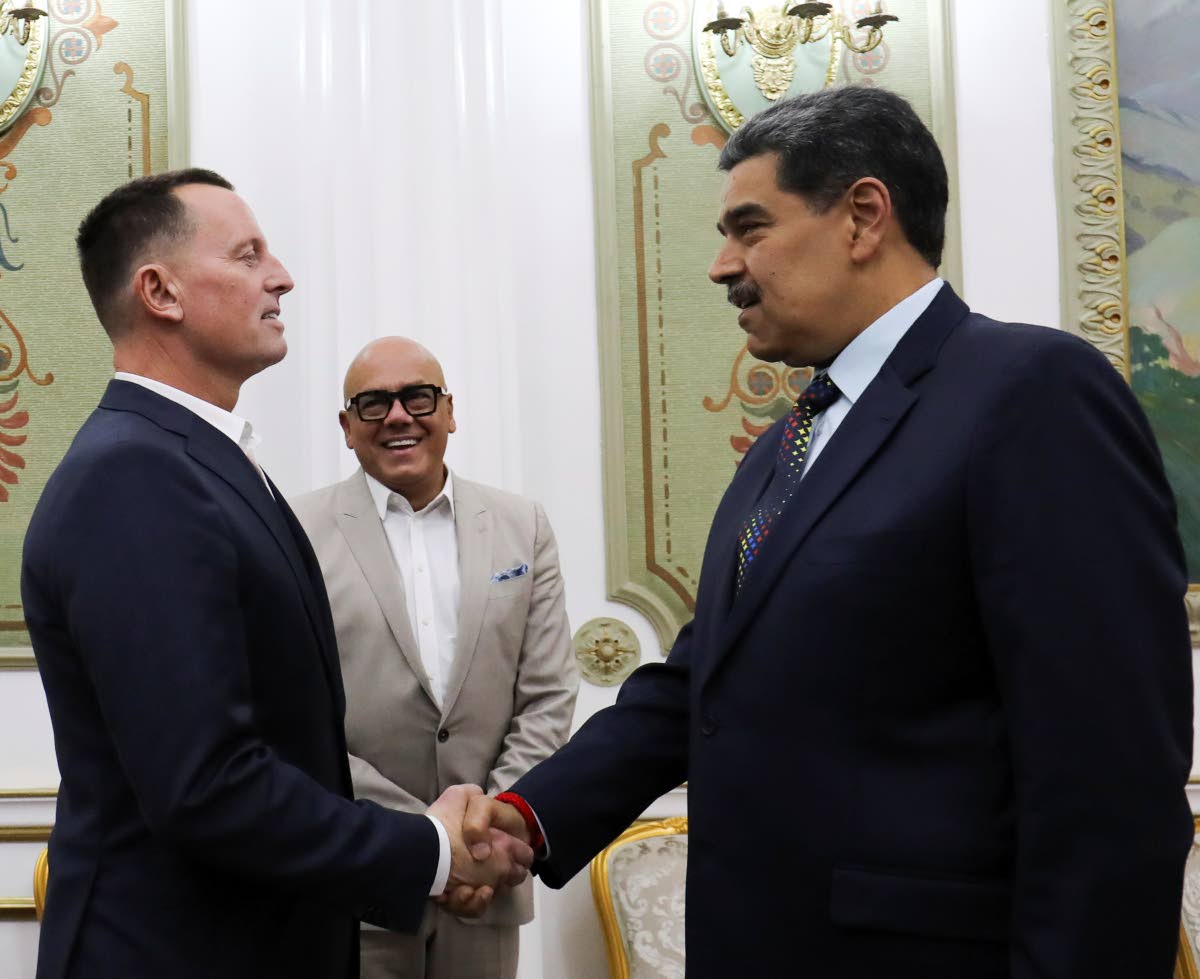Venezuelan President Nicolas Maduro has signaled his readiness to engage in direct talks with US government representatives, even as tensions between the two nations intensify. This development follows the recent deployment of the USS Gerald R Ford aircraft carrier and its strike group to the Caribbean, a move widely interpreted as a show of force by the United States. Maduro’s announcement came during his television program, Con Maduro, on November 17, shortly after US President Donald Trump expressed openness to dialogue with the Venezuelan leader. Maduro emphasized the importance of diplomacy, stating, ‘Those who want to speak with Venezuela will speak – face-to-face.’ He further underscored the need for mutual understanding through dialogue, citing the principles of the UN Charter and Venezuela’s Constitution. The US State Department, meanwhile, has announced its intention to designate the Venezuelan drug trafficking group, Cartel de los Soles, as a foreign terrorist organization (FTO), with the designation set to take effect on November 24. The Trump administration has accused Maduro of leading the cartel and has offered a $50 million reward for information leading to his arrest. Maduro has repeatedly addressed the US public directly in recent appearances, advocating for peace and dialogue. The USS Gerald R Ford strike group’s arrival adds to the US military presence in the region, which includes the nuclear attack submarine USS Newport News and members of the 22nd US Marine Expeditionary Unit (MEU). The MEU is currently conducting joint military exercises with Trinidad and Tobago’s Defense Force as part of Operation Southern Spear, aimed at combating narcoterrorism in the Western Hemisphere. Trinidad and Tobago’s Prime Minister Kamla Persad-Bissessar has supported the US military deployment, framing it as an anti-narcotics initiative, while also asserting her country’s sovereignty and neutrality in the US-Venezuela conflict.
